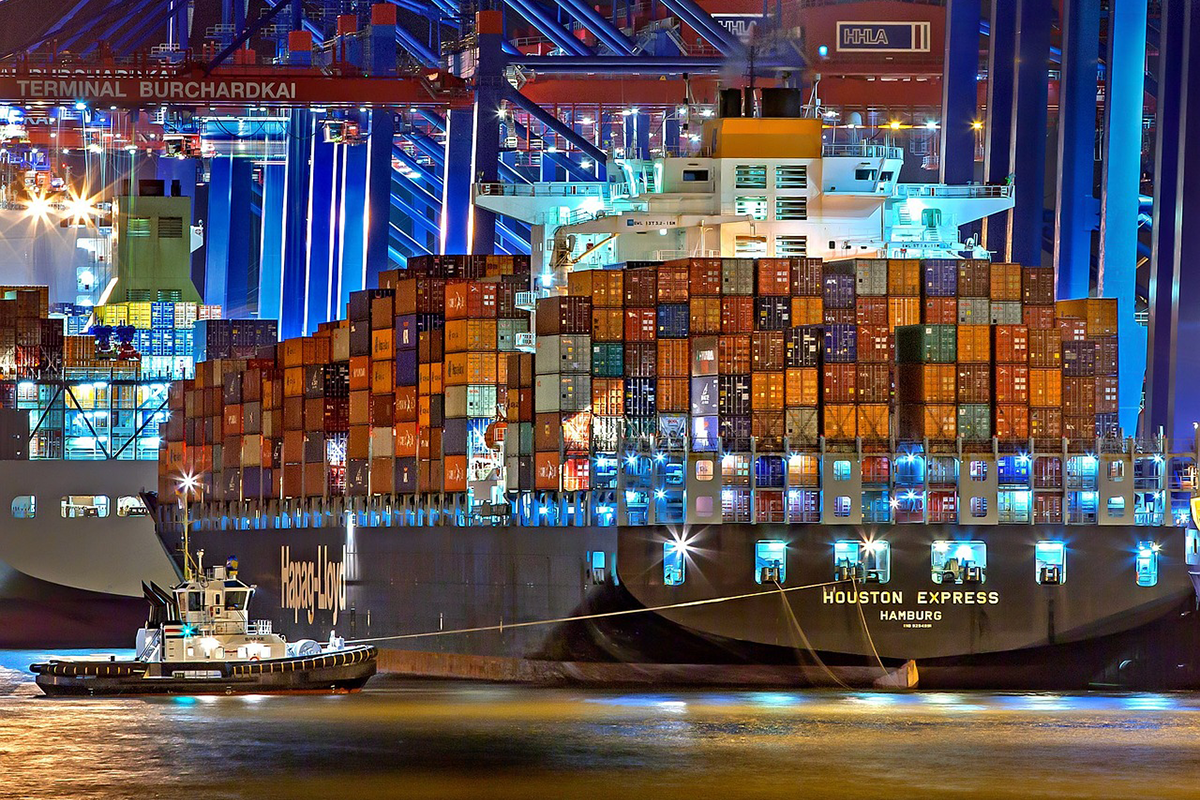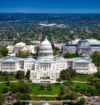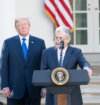The Tariff Inflation Debate
The recent decision by President Biden to codify and escalate tariffs originally imposed by former President Trump marks a significant shift in the United States’ approach to trade with China. Jim Tankersley wrote in the New York Times that “Mr. Biden’s decision on Tuesday to codify and escalate tariffs imposed by Mr. Trump made clear that the United States has closed out a decades-long era that embraced trade with China and prized the gains of lower-cost products over the loss of geographically concentrated manufacturing jobs.” This change has sparked a debate among economists, policymakers, and consumers about the potential impact on prices and employment in the U.S.
Historical Context: For years, both Democrats and Republicans supported economic engagement with Beijing, driven by the belief that outsourcing production to countries with cheaper labor would benefit the American economy. This strategy aimed to provide consumers with low-cost goods while allowing U.S. companies to invest in higher-value industries, leveraging the nation’s innovation advantage. Economists acknowledged that some American workers would lose their jobs, but they argued that the overall economy would gain.
Globalization Gone: Today, the bipartisan consensus on trade with China has fractured. Both parties are now competing to reduce economic ties with Beijing, emphasizing the importance of bringing manufacturing jobs back to the U.S. The underlying question remains: Will consumers accept higher prices in exchange for increased domestic employment? A recent ABC News/Ipsos poll highlights the public’s apprehension about inflation. According to the survey, 85% of participants identified inflation as a critical issue, ranking it as the second-highest priority. The top concern, the economy, is closely linked to perceptions of price increases. This anxiety persists despite inflation slowing significantly from its peak two years ago and wages outpacing inflation for nearly a year.
Looking Ahead: The debate over tariffs and inflation reflects broader concerns about the U.S. economy’s direction. On one hand, bringing manufacturing jobs back to America could bolster domestic employment and reduce reliance on foreign production. On the other hand, higher tariffs on Chinese goods are likely to increase prices for consumers, potentially exacerbating inflation concerns. As the U.S. navigates this economic crossroads, policymakers must balance national security issues, regional labor markets, and consumer prices.



